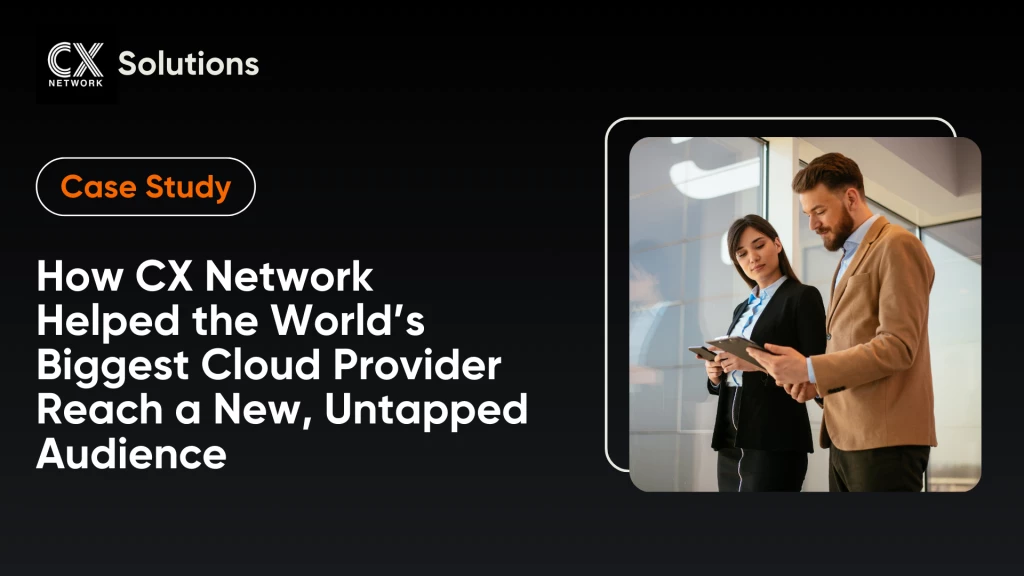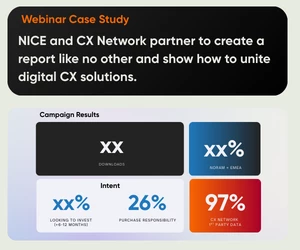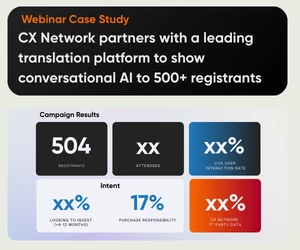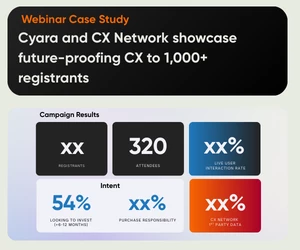Traditional persona-based marketing is no longer relevant
Add bookmarkWhere personas help identify “buckets” of customers, the limitations have become apparent as the consumer decision-making journey has veered from its predictable linear path and increased in complexity
Over the past 12 months, the number of companies disappointed by the lack of a significant increase in response and engagement from their traditional persona-based segmentation has risen.
The reason marketing personas have failed to achieve true personalisation, according to Connie Weaver, CMO of TIAA, is “that they were too simplistic to reflect the unique attributes that differentiate individual customers and prospects from the mass of other similar customers and prospects”.
Where personas were once a good starting point to identify “buckets” of customers, the limitations of persona-based marketing have become apparent as the consumer decision-making journey veered from its predictable linear path and increased in complexity.
SEE ALSO: Digital marketing trends 2017 report
One thing is clear, traditional personas based on implicit data (web browsing behaviour, data mined from social media, and purchased-based behaviours) do not provide the necessary depth of information to drive relevant communications and offers.
Paul Andrukonis, director of channel engagement and personalisation at Citi Global Cards, says: “To keep pace in today’s highly personalised marketplace, it’s essential to empower customers with the ability to shape their individual marketing and service experience with your brand.”
Research shows…
Our research has shown one consistent finding: “It is essential for marketers to establish ‘human partnerships and relationships’ post-sale. Consumer relationships require authentic and relevant communications and interactions.”
The impact of personas going wrong can be huge, according to the research, with respondents to the research complaining that companies use generic email blasts for marketing and do not understand individuals needs.
One respondent said that personalised engagements “forges strong ties with your company that serve as a ‘grace account’ upon which to draw when there is the almost-certain problem or outreach from the competition”.
A Fortune 500 CMO who took part in the research summed up the damage caused by traditional personas saying: “We are using new CRM technology to automate old bad behaviours”.
Citi’s Andrukonis added: “You will not transform your key metrics, such as conversion rates, engagement, ROI, or anything else until your customers see their voice reflected in where, when, and how you sell your products. Moreover, by letting customers make you smarter about how, and how frequently, you market your products, you create more opportunities to heighten engagement with your brand.”
A shift in behaviour
Marketers must now make a profound shift toward “human data”, which is based on explicit, self-profiled, opt-in preference data. Human data personalisation is unique in that it lends itself to segmentation based on self-described personality types, attitudes, and life stages.
Games retailer GameStop is currently a market leader in this shift and is initiating new strategies to gain deeper insights about who its customers are in order to develop more authentic and effective human data-based personalisation and CX strategies.
“We recently analysed the personas we had been using and found that the customer had changed dramatically,” says Darin Smith, senior director of PowerUp Rewards at GameStop.
“We are now rethinking the real-world, human differences, versus just transactional differences, among our individual customers and formulating a plan to engage with them as individual gamers versus superficial aggregates of different gamer personas.”
TIAA’s Weaver comments, “We are shifting focus from products we want to sell to truly understanding the financial needs and uncertainties of our individual customers and how they ‘feel’ about these complex issues.”
Another exciting innovator is luxury design brand Shinola. “Traditional personas tell you very little because they are based on simplistic models and transactions,” says CMO Bridget Russo.
“They cannot help understand why customers bought, what motivated them to buy, etc. Cookie-cutter persona-based marketing will not work for today’s savvy buyers.”
Dennis Kopitz, Shinola’s director of e-commerce, adds: “To achieve and scale true personalisation, we need to obtain deep human insights regarding who buys which category of our products, why they buy, what their needs and expectations are, and what they want next from us. This will take us to a far deeper level of understanding than traditional personas.”
How can you evolve to the next level of personalisation and achieve “human data-based partnerships and relationships” with customers? Ensure you have explicit, self-profiled, opt-in preference information. This, in turn, will drive deeper levels of understanding and is, therefore, the key to developing more significant relationships.


































